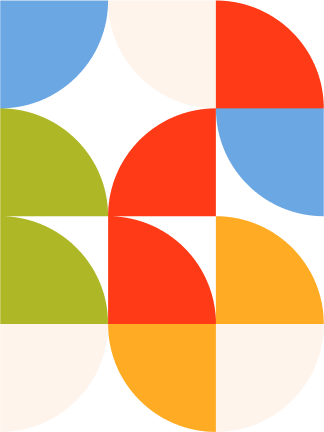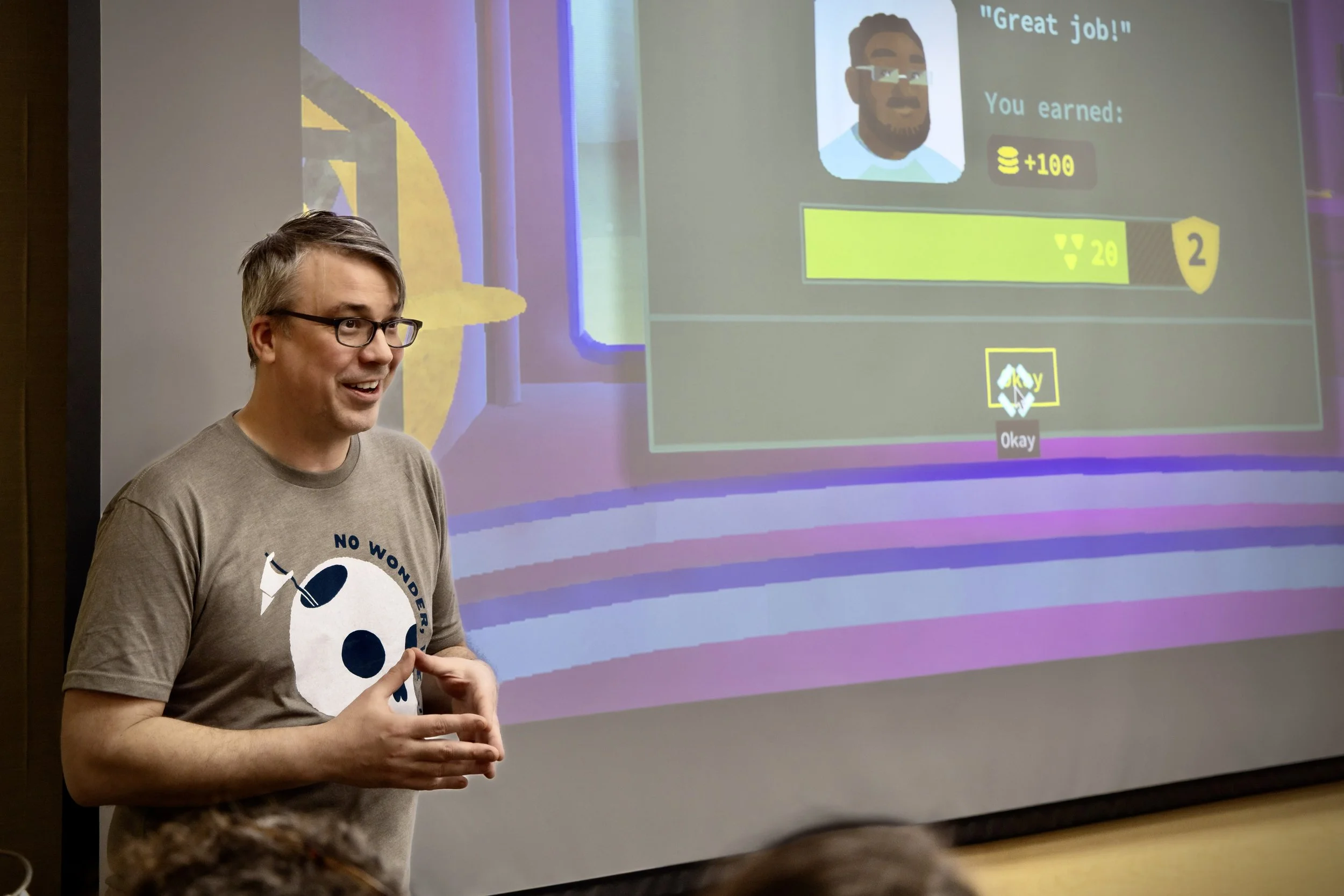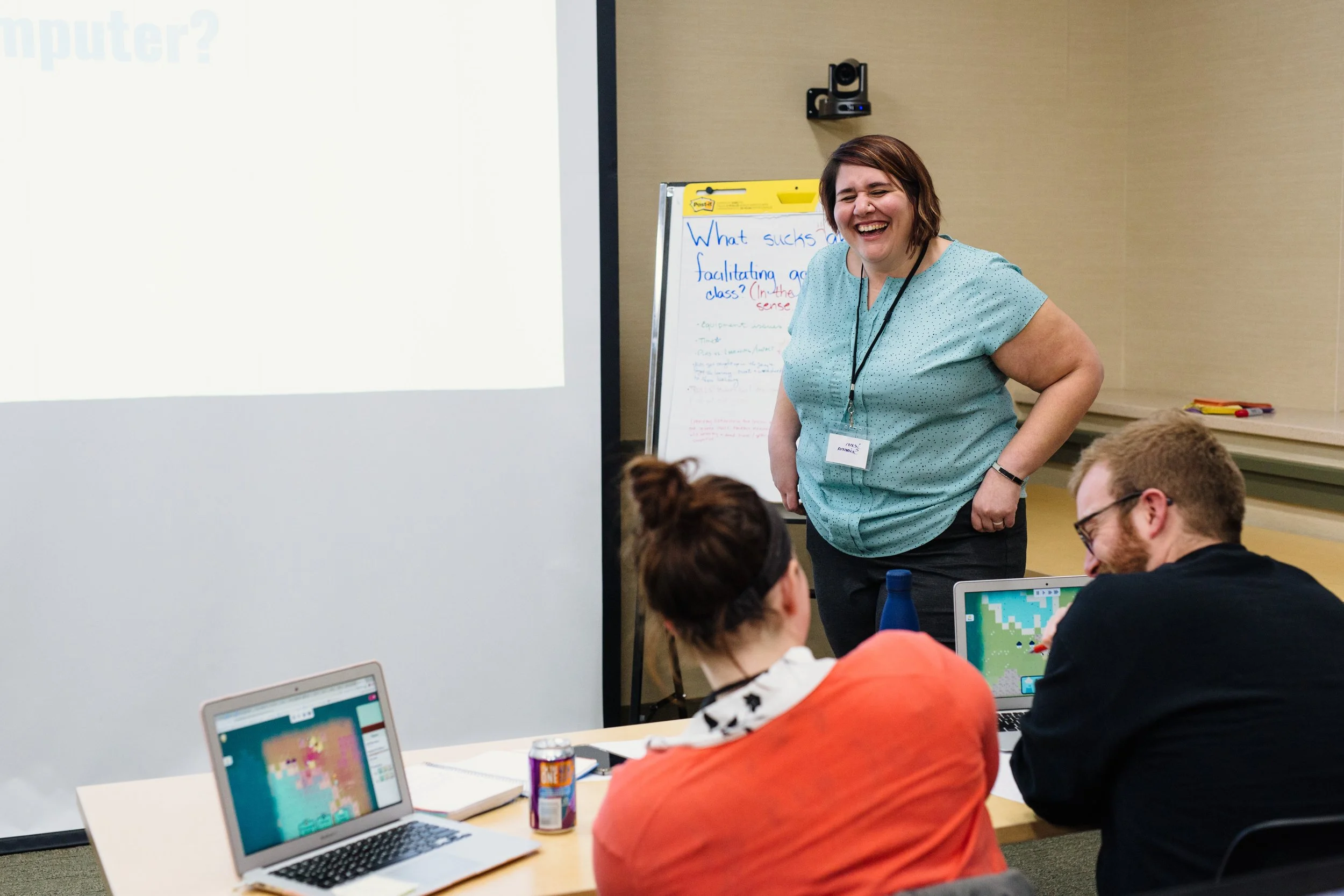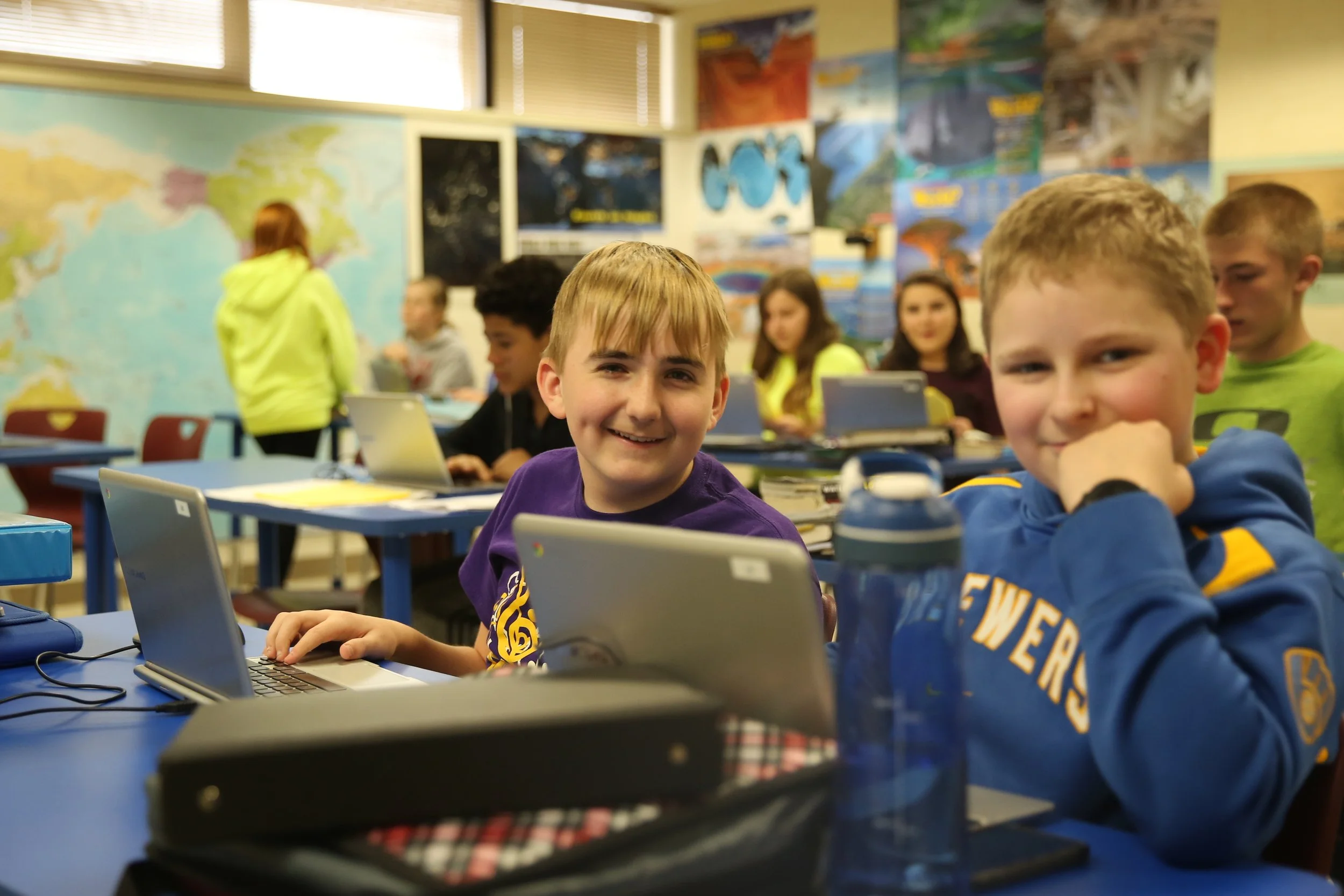Let’s build the future of learning games together
We are building an open research infrastructure for educational video games—combining the power of games with cutting-edge research to inspire complex thinking in every learner.
The field of video games for learning is stuck at the starting gate.
Games can rapidly advance the science of learning but to do that, we need a new model.
The world needs a public media for games.
The institutions that once funded public media and educational research are eroding, even as the need for trusted, rigorous, and inspiring educational content grows. Students face an epistemological crisis: surrounded by misinformation, disengaged by outdated materials, and under-served by market-driven platforms.
We believe schools and libraries should be supported—not treated as customers. That’s why every game is free to use, forever, and developed as a public good. But sustaining that commitment requires a new kind of funding model.
And we need your involvement.
What can we build together?
The Model
Shared hosting and distribution for games.
Public media transformed access to educational content for kids. Now, we are doing the same for interactive learning.
We are building a shared, evidence-driven platform called the Vault Learning Games. Educators, researchers, and game designers can create and share learning games that meet the highest ethical and educational standards.
Shared tools for research.
Games can provide large amounts of rich data about thinking and learning, a rare combination.
The problem is that all that data needs to be embedded with ethical protocols and mined for meaning. Not every researcher can (or should) develop the whole pipeline of game design, distribution, data infrastructure, analysis methods, and research tools. It’s time we work together.
Support for better Game Design
Building a game? Ensure real impact.
To make a real impact, you have to design for the classroom from the start. That means understanding what “classroom-ready” really looks like—devices, constraints, schedules, stability, and support.
We have spent over decade rigorously testing with tens of thousands of kids. We want to share what we have learned.
We have a proven this model works. Now we need your help building this infrastructure to scale.
We’ve started to build practical solutions for Distribution, Research, and Game Production. Three pilots have emerged to meet these needs: the Vault Game Library, Open Game Data, and Studio services. There is so much more we can do together.
Vault Game Library: Distribution & Hosting
Vault provides a distribution and hosting channel for learning games. For years designers have needed a stable, long term solution for hosting so that games will reach audiences, and live on after project funding expires.
All Vault games are freely available.
Read this case study examines Shadowspect, a project initiated by YJ Kim while at MIT.
Open Game Data: Research Infrastructure
Open Game Data provides open standards, code modules, and pipelines. Researchers can share or reuse game data, access analytics code modules, participate in community events, and help to develop new research standards.
Open Game Data is community.
Read the case study about how Erik Harpstead from Carnegie Melon developed a shared standard for logging player and game events in learning games.
In this case study, Luke Swanson from UW-Madison and Zhaoqing (Jimmy) Chen from UC Santa Cruz used open game data to develop and test a new analytics paradigm for learning games.
Field Day Studio: Game Design for Impact
The Design Studio provides custom services that helps you design games for real impact. from designing the games to be classroom ready, building the data logging into the games, and using the Game Incubator method that brings together subject experts, teachers, and designers to guide the process.
The Design Studio is an experienced team for developing classroom-ready games.
In this case study Sarah Gagnon from Field Day Studio discusses using in-classroom observation and in-game logging to improve learning game design and impact.
Ready to Join Us?
Welcome to Field Day Learning Games.
We spent the last year talking to people throughout this community to learn and integrate your ideas into this next step. Read more about what we learned.











